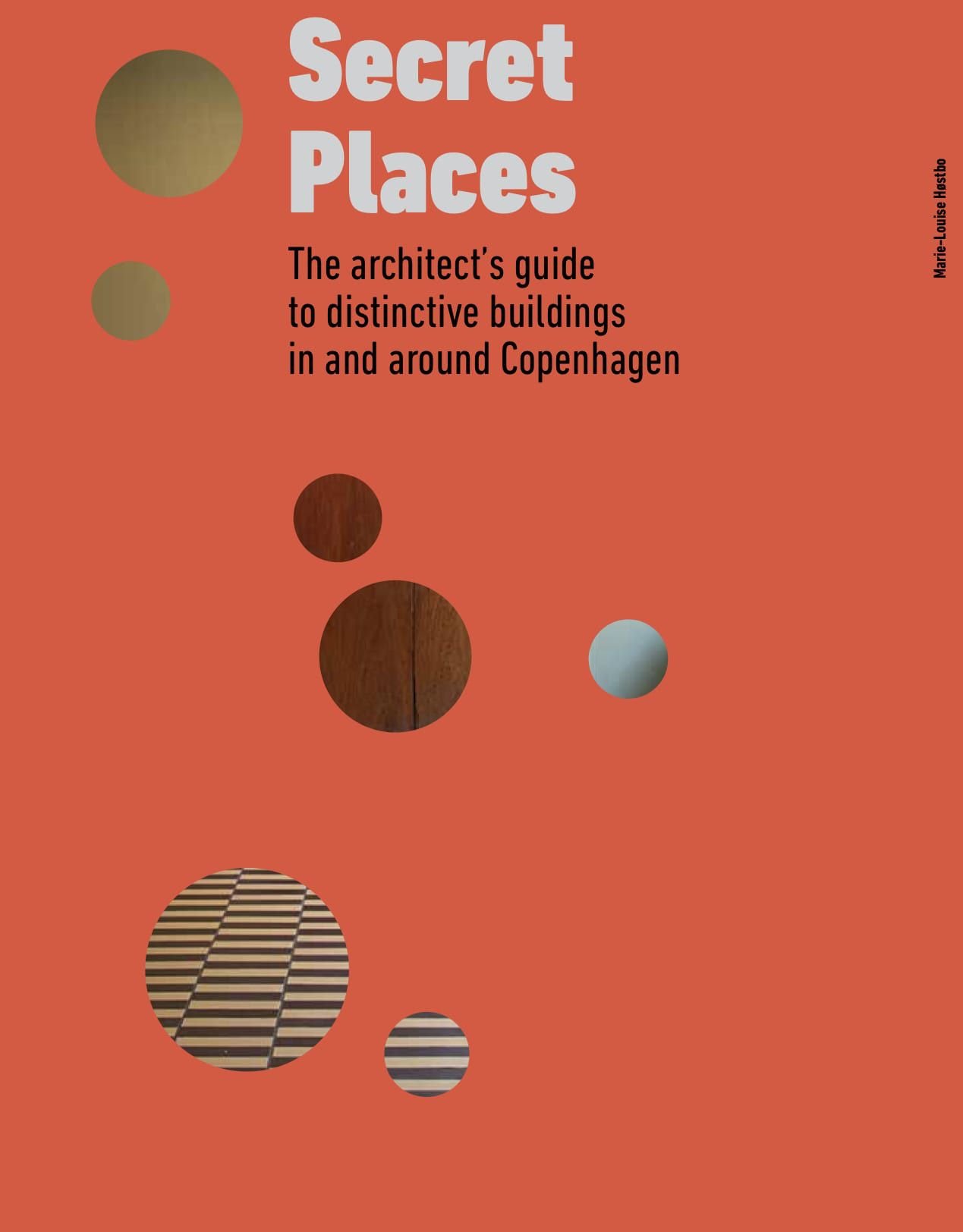An architect’s guide to secret places in and around Copenhagen
What should lovers of architecture seek out in Copenhagen once they’ve done the world-famous iconic buildings such as Amalienborg, Grundtvig’s Church and Danmarks Nationalbank? Copenhagen is home to a wealth of marvellous, yet oft-overlooked buildings. With her book Secret Places, architect Marie-Louise Høstbo wishes to expand the readers’ horizons, inspiring them to go explore fifty special buildings in and around the Danish capital. All of them are distinctive places that are sure to surprise, engage and challenge visitors.
The book features examples of Danish architecture ranging from Arne Jacobsen’s pavilion in Enghaveparken, designed during his time with the Copenhagen City Architect’s office, to the Tårnby City Hall, stringently adhering to the ‘less is more’ philosophy, and onwards to Kindt-Larsen’s delightful summer residence at Hornbæk, merging architecture and furniture design to create a truly unique unity.Drawing on her keen eye for creativity, the author shares her enthusiasm and respect for Danish architecture. She places the various buildings within their historical context, demonstrating how they were created with great care and attention to context, material and detail. All the works selected have an intimate, human scale, imbuing them with a direct appeal that combines the whimsical, sensual and visual. Each is firmly embedded in a Danish architectural tradition that served as the foundation of present-day Danish society, and all have proven eminently durable in aesthetic as well as practical terms.
Arranging her choices into four themed sections – Nordic Light & Functionalism, Bricks & Monoliths, Pattern & Colour, Geometry & Composition and Brutalism & Concretism – the author brings together a range of prominent examples of Danish architecture erected between 1928 and 1986.
Selected details and points of view call forth connections that cut across time, style and place, opening new vistas for lovers of architecture and changing how they see the city. Because architecture must be sensed. It must be seen and touched. Through words and pictures, the book guides international travellers and native Copenhageners to the hidden treasures of the city – including trips outside the capital itself.
